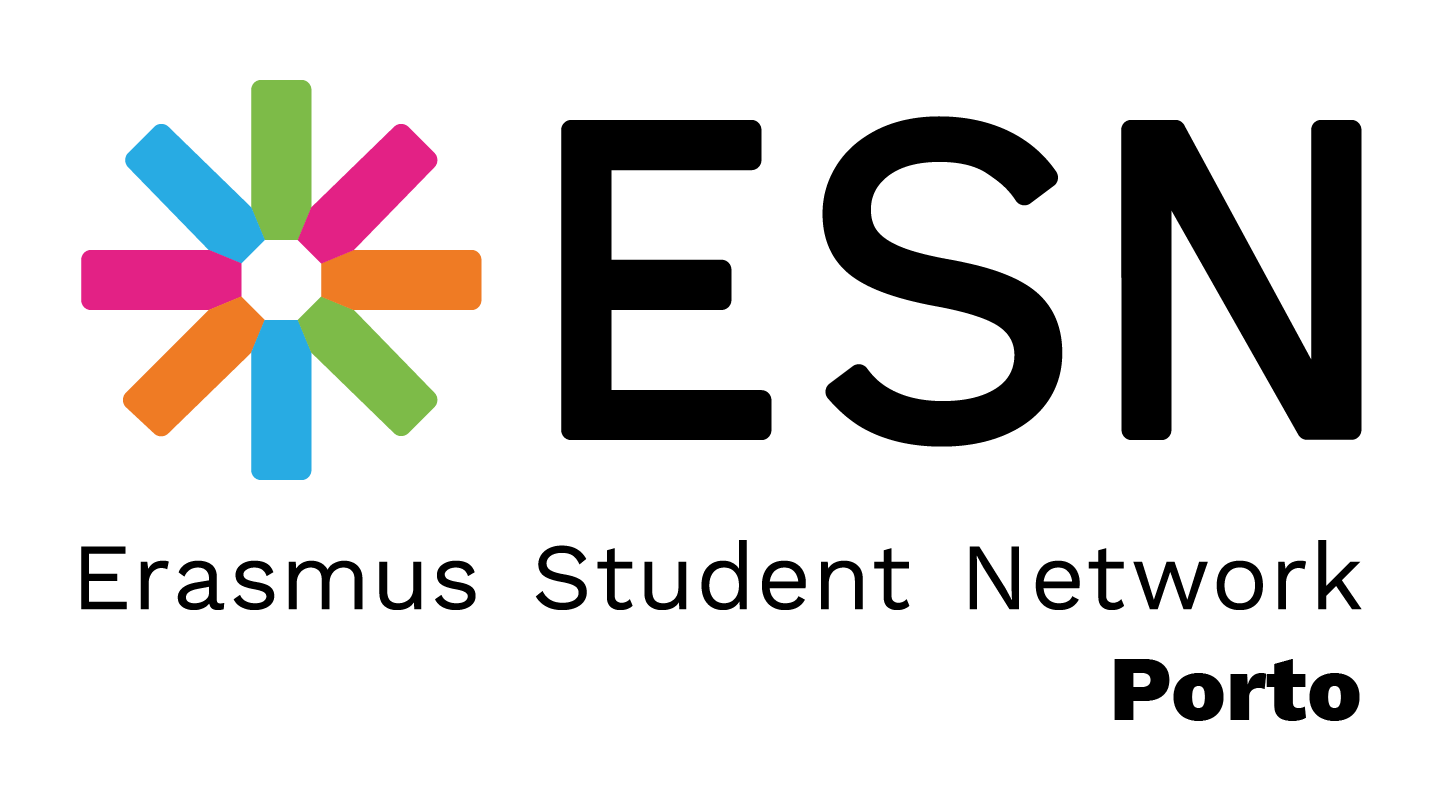
MOBILITY OPPORTUNITIES
Erasmus +
Erasmus+ is the European Union's international mobility programme to support education, training, youth and sport in Europe, with a strong focus on social inclusion, the green and digital transitions, and promoting young people's participation in democratic life. It brings the opportunities for students, trainees and young people to undertake a learning and/or professional experience in another country.
- Individual Support: Specifically aimed at students, learners, staff, trainees, teachers and volunteers can be accessed from all over the world. Mostly covers your travel, subsistence, and participation costs.
- Organisation Support: There are also grant opportunities for organisations, which want to explore development and networking opportunities with universities, education and training providers, think-tanks, research organisations, and private businesses.
More information about the programme in the following link: https://erasmus-plus.ec.europa.eu/about-erasmus/what-is-erasmus
Erasmus + Studies
High Institution mobility period, with a full academic recognition, in an establishment that possesses an Erasmus Charter for Higher Education
Erasmus + Traineeships
Erasmus+ supports traineeships (work placements, internships) abroad at any workplace for students currently enrolled in higher education institutions in Programme Countries at short-cycle Bachelor and Master level as well as for doctoral candidates. These opportunities are also open to recent graduates.
More information about the programme in the following link: https://erasmus-plus.ec.europa.eu/opportunities/opportunities-for-individuals/students/traineeships-abroad-for-students
Erasmus+ Youth Exchange
They are exchanges which give young people the chance to experience another country and work together in a team. It's an opportunity to gain skills in areas such as project management and to improve your foreign language proficiency. Youth exchanges take place outside the school environment and offer a structured programme and can last from 5 to 21 days. In the end you are credited with a YouthPass Certificate of Attendance.
More information about the programme in the following link: Youth exchanges - Erasmus+ (europa.eu)
Erasmus+ Training Courses
Erasmus+ Training Courses supports the professional development of youth workers through training or networking periods abroad. Periods abroad can consist of training courses, study visits, job shadowing or observation periods at relevant organisations and more. In the end you are credited with a YouthPass Certificate of Attendance.
More information about the programme in the following link: https://erasmus-plus.ec.europa.eu/opportunities/opportunities-for-individuals/trainees/networking-and-training
Erasmus Solidarity Corps
The European Solidarity Corps is a funding programme of the European Union managed by the European Commission that creates opportunities for young people to volunteer and run their own solidarity projects that benefit communities around Europe. The duration of each project can vary from 2 to 12 months.
- North Macedonia and Türkiye
- Liechtenstein, Iceland and Norway
- Albania, Bosnia and Herzegovina, Kosovo, Montenegro, Serbia
- Armenia, Azerbaijan, Belarus, Georgia, Moldova, Ukraine
- Algeria, Egypt, Israel, Jordan, Lebanon, Libya, Morocco, Palestine, Syria, Tunisia
- Russian Federation
More information about the programme in the following link: https://youth.europa.eu/solidarity_en
Erasmus Mundus Joint Master Degree (EMJMD)
More information about the programme in the following link: http://ec.europa.eu/programmes/erasmus-plus/opportunities-for-individuals/students/erasmus-mundus-joint-master-degrees_en
Vocational education and training mobility - VET
Erasmus+ offers the opportunity for providers of vocational education and training (VET) and other organisations active in the field of VET to organise learning mobility activities for VET learners and staff.
More information about the programme in the following link: https://erasmus-plus.ec.europa.eu/opportunities/organisations/learning-mobility-of-individuals/vocational-education-training
Discover EU
More information about the programme in the following link: https://youth.europa.eu/discovereu_pt
Inclusive mobility
The Erasmus+ program is committed to ensuring equal access and opportunities for participants with physical, mental, or health-related conditions by providing additional financial and logistical support to facilitate their mobility.
More information about the programme in the following links:
- Erasmus+ inclusion support grant
- Inclusive Mobility
- European Agency for Special Needs and Inclusive Education
